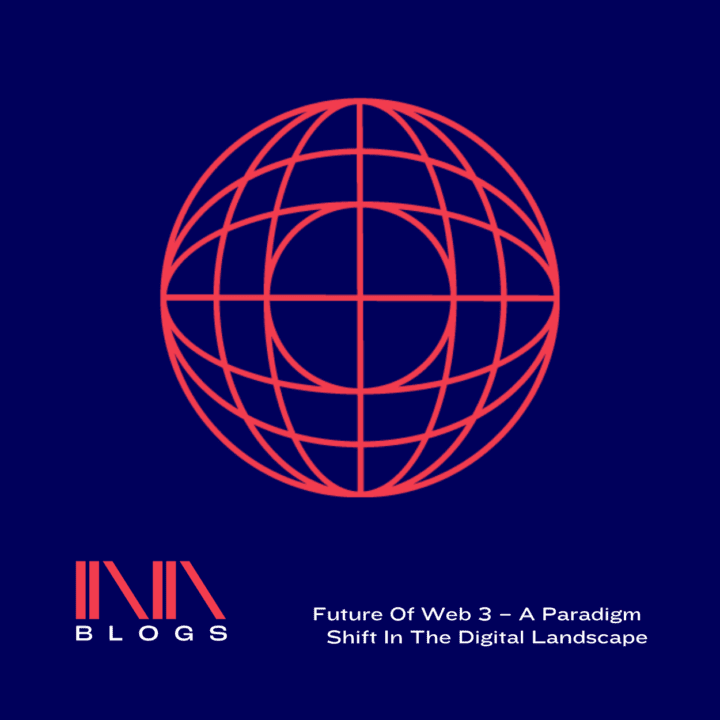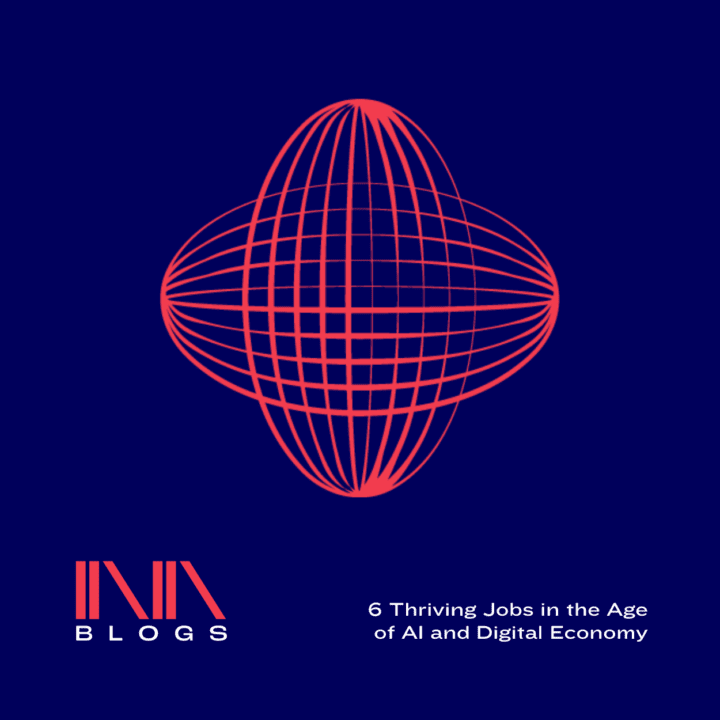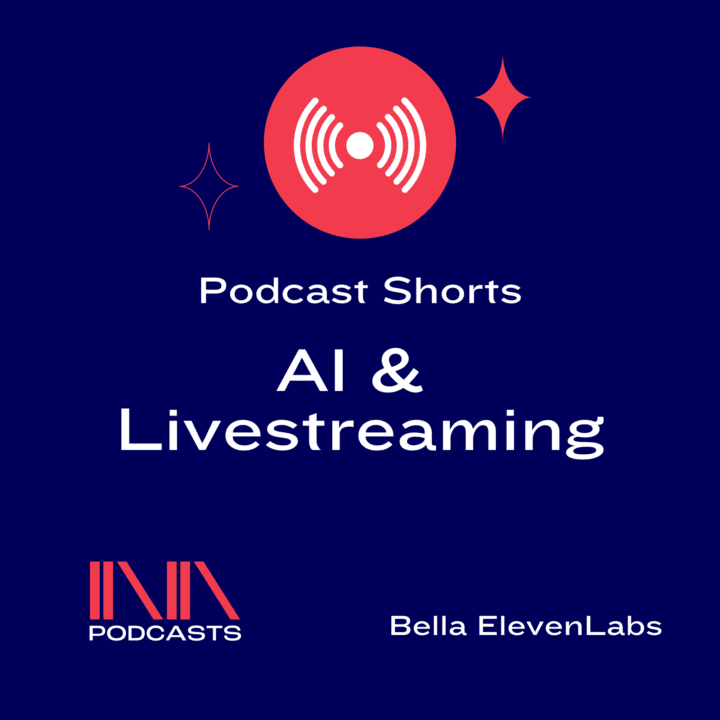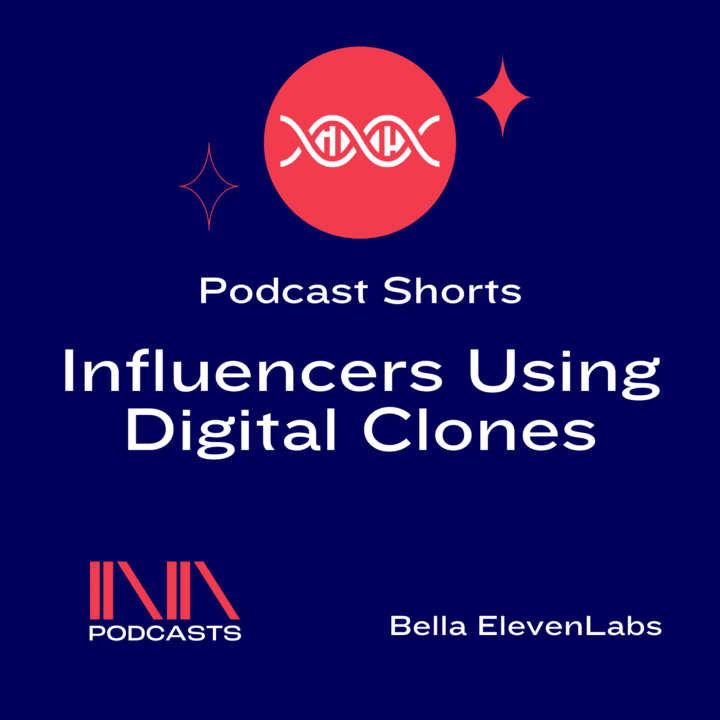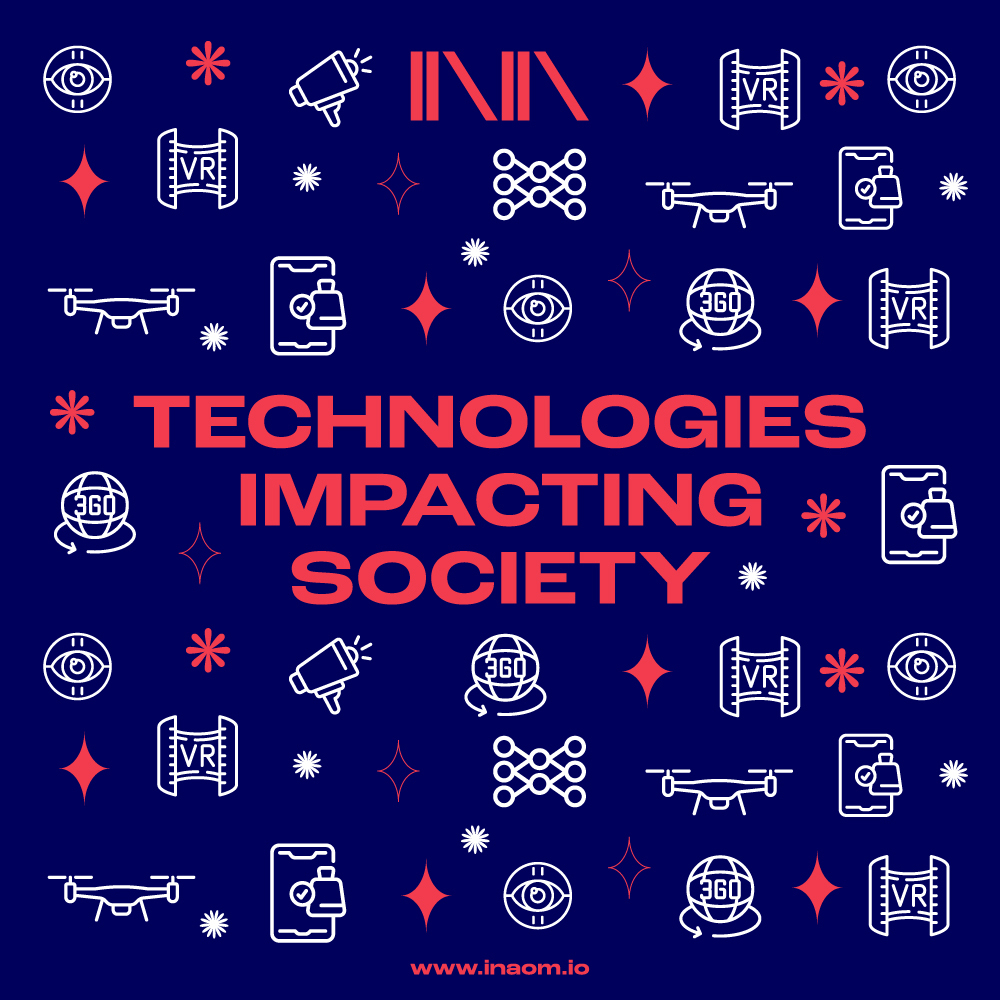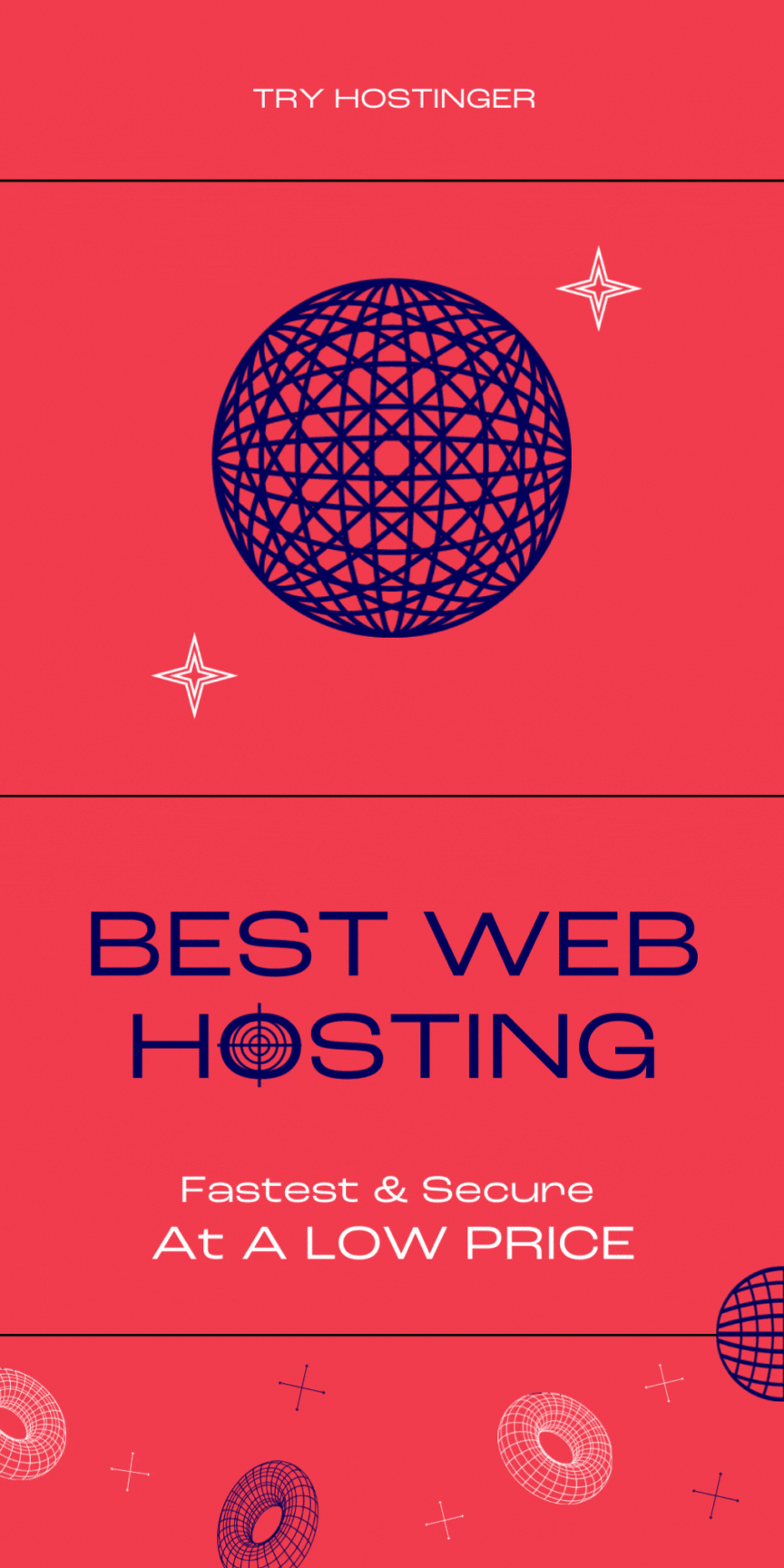Introduction
In this era of rapid technological advancements, the landscape of collaboration and decision-making is undergoing a profound transformation. Decentralised Autonomous Organizations (DAOs) have emerged as a groundbreaking concept, promising to revolutionise how groups of individuals collaborate and govern themselves. In this podcast episode, we will delve into the world of DAOstack with Kate Beecroft and Ina O’ Murchu, exploring their potential impact on the future, and how they differ from traditional centralised models. Let’s embark on a journey to uncover the true power and possibilities that DAOs hold for humanity.
DAOstack and its Role in Decentralisation
Decentralised Autonomous Organizations, or DAOs, are digital entities that operate on blockchain technology, eliminating the need for intermediaries like traditional corporate structures. Unlike traditional organisations where decisions are typically made by a central authority, DAOs empower individuals within the network to collectively participate in decision-making processes. This decentralised approach fosters transparency, trust, and autonomy, creating an environment where stakeholders can contribute to the direction of the organisation without hierarchical constraints.
DAOstack and its Mission
At the forefront of the DAO revolution stands DAOstack, an open-source software stack designed to support a global collaborative network. DAOstack aims to democratise collaboration, making it more accessible, direct, and scalable. The platform’s vision is to enable individuals from diverse backgrounds to come together and co-create without the limitations imposed by traditional power structures. The company and platform grew substantially including the ICO in May 2018 creation of the GEN token, the launch of the first dApp Alchemy in 2018 and Alchemy Earth.
Meet Kate Beecroft: Head of Ecosystem at DAOstack
Kate’s Roles and Contributions
Kate Beecroft, a prominent figure in the realm of decentralisation, wears multiple hats. Notably, she serves as the Head of Ecosystem at DAOstack, driving innovation and fostering a thriving ecosystem of collaborative projects. Her expertise and dedication to the decentralisation movement have earned her a well-deserved reputation as a thought leader in the space.
Follow Kate on Twitter:
https://twitter.com/kbeecroft
Introduction to ‘Greater Than’
In addition to her role at DAOstack, Kate Beecroft is a co-founder of ‘Greater Than,’ a company that places a strong emphasis on the human aspect of decentralisation. By acknowledging that technology alone cannot bring about the desired transformative change, ‘Greater Than’ seeks to create a holistic approach that blends technology with empathy, inclusivity, and human-centric design.
The Vision of DAOs: Empowering Collective Work
Understanding How DAOs Operate
DAOs leverage peer-to-peer software protocols, enabling participants to interact directly with each other on the blockchain. Through the use of smart contracts, DAOs can execute pre-defined rules and agreements autonomously, ensuring transparency and immutability in the decision-making process.
Non-hierarchical Decision-making Approach
One of the most significant advantages of DAOs lies in their non-hierarchical approach to decision-making. Traditional organisations often suffer from bureaucratic bottlenecks and power imbalances, hindering innovation and progress. In contrast, DAOs provide an inclusive and efficient mechanism for resource allocation, as decisions are collectively made by participants, ensuring a fair and equitable distribution of resources.
Decentralisation vs. Centralisation: Comparing Cryptocurrencies
Libra vs. Bitcoin
The emergence of cryptocurrencies has led to an ongoing debate between centralised and decentralised models. Centralised cryptocurrencies, exemplified by Libra, are controlled by a single entity, giving rise to concerns over data privacy and corporate influence. On the other hand, truly decentralised cryptocurrencies like Bitcoin operate on distributed networks, upholding the principles of distrust and sovereignty.
Implications of Corporate Control in Centralised Systems
In centralised crypto models, corporations hold considerable power over users’ financial transactions and personal data. This concentration of authority can potentially lead to abuse of power, censorship, and a lack of user control. Embracing decentralisation, as championed by DAOs and projects like Bitcoin, offers a viable solution to these challenges, granting individuals autonomy and ownership over their digital assets.
The Challenge of User-Friendly Blockchain Interfaces
Blockchain Technology Accessibility
While the potential of blockchain technology is undeniable, its mass adoption has been hindered by complex user interfaces and technical jargon. To truly unleash the power of DAOs and decentralisation, user-friendly interfaces are paramount. Simplifying the user experience will allow individuals from various backgrounds to engage with blockchain technology without the barriers of technical expertise.
Need for Simpler and More Intuitive Interfaces
The success of DAOs relies on attracting a diverse community of participants. Achieving this requires intuitive interfaces that facilitate seamless interactions, encouraging users to actively engage and contribute. By prioritising accessibility and usability, DAOs can transcend the niche crypto space and become a transformative force in various industries.
The Promise of Decentralisation for the Future
Societal Impact of a Decentralised Economy
As the vision of DAOs and decentralisation unfolds, the implications for society are profound. A decentralised economy could pave the way for more equitable wealth distribution, increased civic participation, and enhanced global cooperation. By enabling individuals to govern themselves, DAOs have the potential to reshape power dynamics and empower communities across the globe.
A collaborative Network of Communities
In a decentralised future, we envision a world where communities can collaborate seamlessly without geographical barriers. Decentralised collaboration has the potential to bridge divides, foster cross-cultural connections, and ignite collective action towards common goals. Such a network could lead to the emergence of innovative solutions for global challenges, driven by diverse perspectives and expertise.
Conclusion
In conclusion, the world of decentralised collaboration and the rise of DAOs present a transformative opportunity for humanity. As technology continues to advance, the importance of fostering user-friendly interfaces and inclusive participation cannot be overstated. Embracing decentralisation has the potential to empower individuals, enhance global collaboration, and usher in a more equitable future. The journey towards decentralisation requires collective effort, innovation, and a commitment to creating a better world for all. As we embark on this path, let’s remember that DAOs hold the key to unlocking the true potential of collaboration. They empower individuals to shape their destinies.

